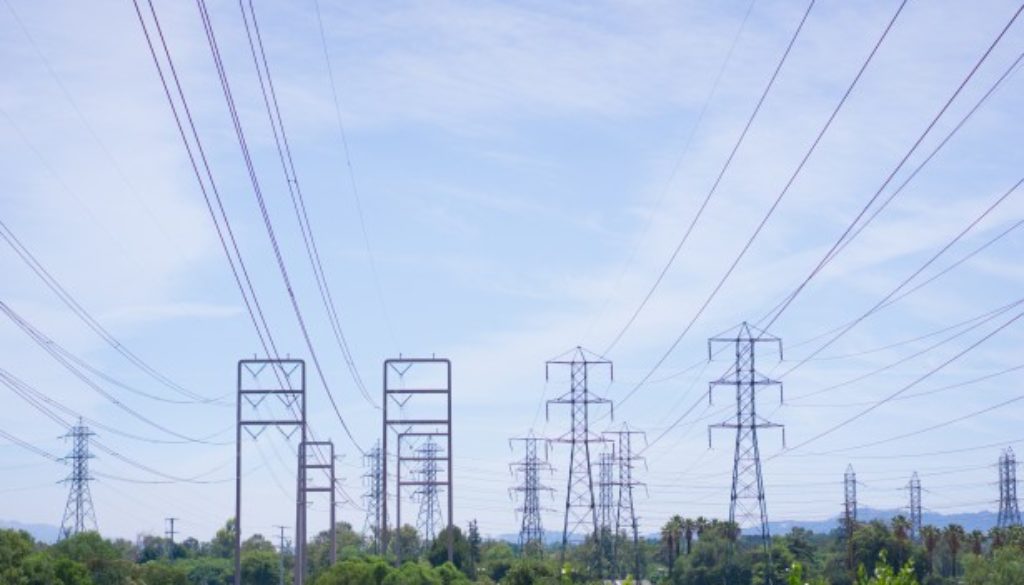Attacks on Energy Star Program Hurt Consumers and Threaten Progress on Energy Efficiency Nationwide
By Jason Kuruvilla and Shannon Baker-Branstetter, Consumers Union
You would think that a program that has a over a 1000x return on investment would be a key candidate for further funding. You’d be wrong. The Energy Star program, a voluntary program that certifies products as among the most efficient in their class, is one of the most successful programs in government history. The $30 million annual investment to administer the program yields an incredible $34 billion in consumer savings each year. And now the Trump administration is seeking to eliminate public support of the program completely. Privately funding the program would unravel its reputation for independence and would damage its credibility.
It’s unclear why the administration is attempting to gut a program that saves consumers $4.50 in energy bill costs for each $1 invested. But a program like Energy Star, that boasts 16,000 partner companies and organizations, and generally regarded as the best model for public-private partnerships in U.S., should be spared the chopping block. Earning the Energy Star label is coveted by major manufacturers and promotes healthy competition for efficiency. It’s also one of the most well-known brands in America – one that consumers rely on when making decisions on new appliances and other household products. Turning the program over to industry would damage the consumers’ trust that the recommendation they receive is truly independent.
Indeed, energy efficiency has a proven track record of being cost-effective at lowering consumer costs, decreasing energy demand, reducing the need for costly new power plants and encouraging innovation in consumer goods. So it’s all the more troubling that the Trump Administration is not just stopping at Energy Star, but is also attempting to gut efficiency program across the board. In the recently released “skinny budget” the blueprint for the government’s Fiscal Year 2018 budget, the White House announced that several programs that prioritize efficiency would be eliminated or significantly cut.
The budget is expected to significantly reduce funding for the Energy Department’s Office of Energy Efficiency and Renewable Energy (EERE), which is on the frontlines of guiding the country toward a clean energy future. The office has helped encourage greater investments in new renewable energy sources that are helping to lower consumer costs on a range of products while also fostering innovation in nearly every industry. The $12 billion investment from the office has generated more than $230 billion in economic activity. This is one of the best returns on investments taxpayers could ask for. Why cut it?
Why cut a low-cost program that helps lower the burden of high energy costs for low income households and seniors on fixed incomes? The program offers direct assistance with energy bills and funds home weatherization and efficiency, providing good jobs for local residents. Without this support, families will have to choose between paying high utility bills or putting food on the table. Or they may forgo needed medication. These are unconscionable choices.
And why cut appliance efficiency standards that saved the average household $500 on utility bills in 2015 alone? Improving efficiency of large appliances, like fridges, laundry machines and lighting products is expected to result in total consumer savings of $1 Trillion by 2020 and more than $2 trillion by 2030.
Rather than saving the country money, zeroing out the budget on efficiency programs will hurt our economy and cost taxpayers more in the long run. The only winners from this bad idea are utility and fossil fuel companies, which will happily take consumers’ money for energy they don’t need. And the more consumers spend unnecessarily on utility bills means less spending on other local goods and services, which harms local economies and reduces job growth.
The administration should reconsider their proposal and put more money toward increasing efficiency. The return on investment would make any businessman envious.



